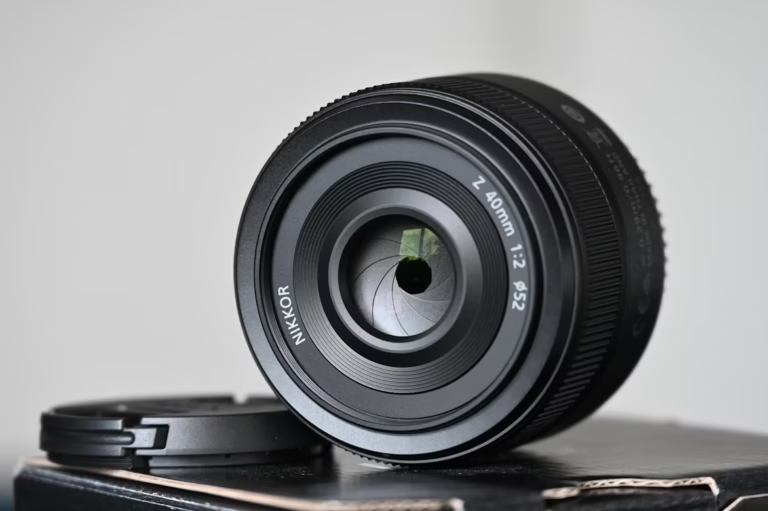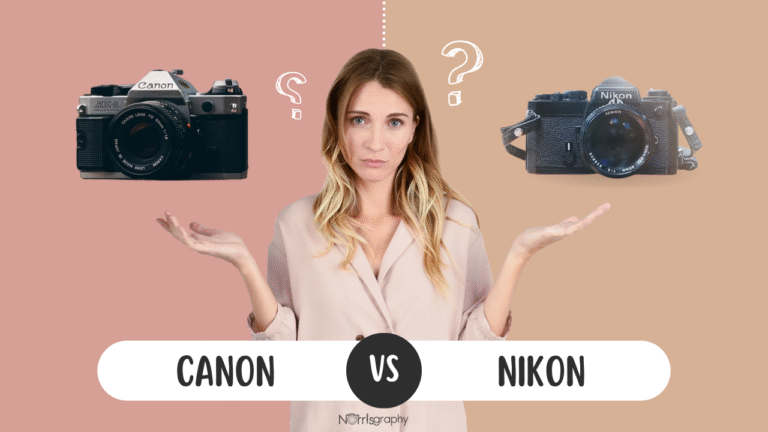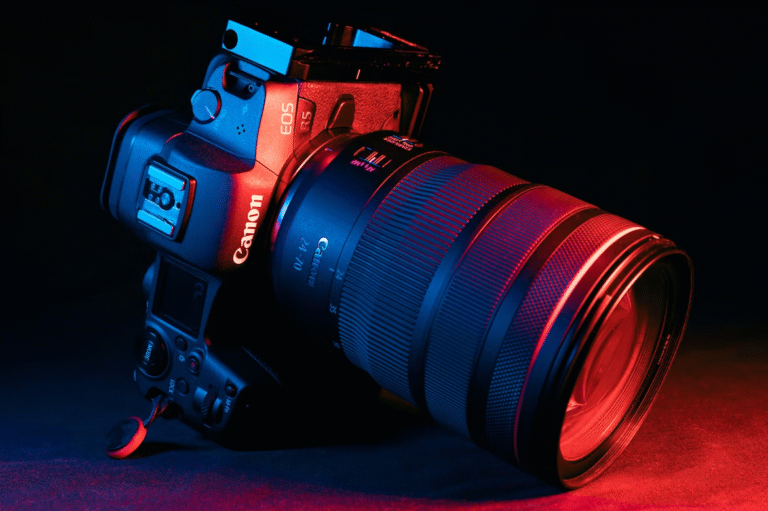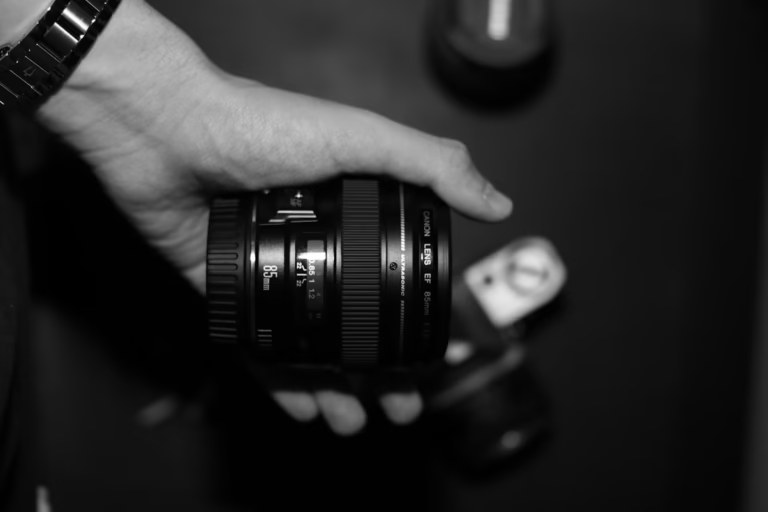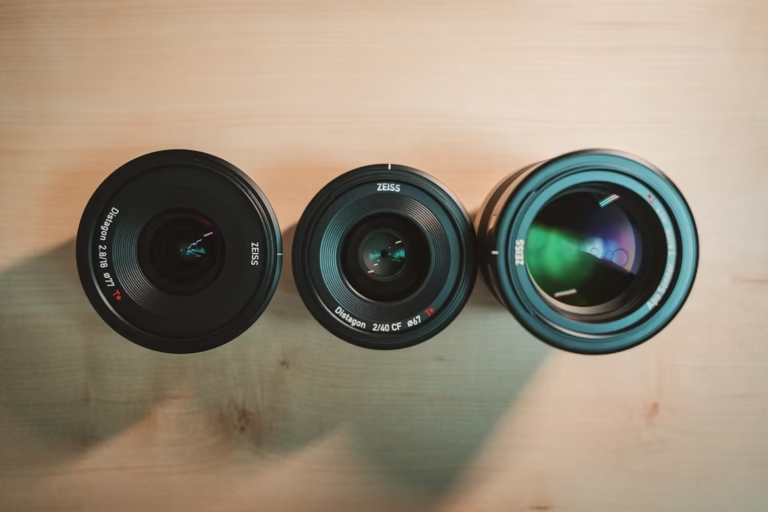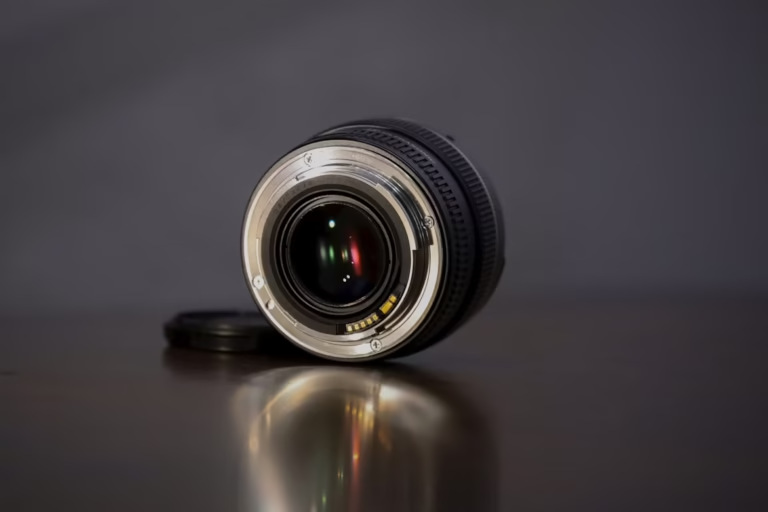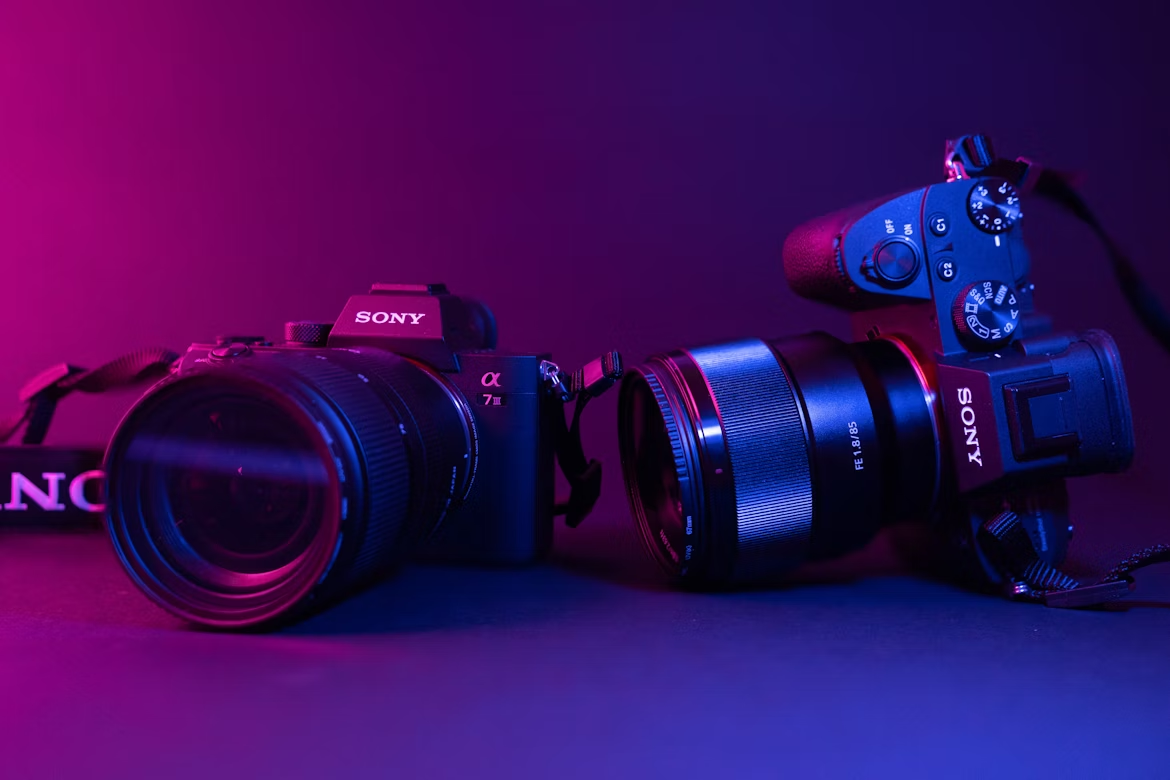
Starting a photography business is an exciting venture, but choosing the right camera is a critical decision that can shape your success. The best camera to start a photography business should deliver professional-quality images, be versatile enough to handle various genres, and fit within a beginner’s budget. It should also offer features like reliable autofocus, good low-light performance, and video capabilities to meet diverse client needs. In this comprehensive guide, we’ll explore the top camera options for beginners, focusing on affordability, performance, and future-proofing, to help you launch your photography career with confidence.
Related Articles:
Key Takeaway
For those starting a photography business, investing in a mirrorless camera like the Canon EOS R50 or Sony a6400 offers an excellent balance of affordability, performance, and modern features. These cameras provide high-quality images, advanced autofocus, and video capabilities, ensuring you can meet client expectations while growing your skills. For tighter budgets, the Canon EOS Rebel T7 is a solid DSLR option, though mirrorless cameras are more future-proof.
Understanding Camera Types: DSLRs vs. Mirrorless
Before diving into specific recommendations, it’s important to understand the two primary types of cameras suitable for a photography business: DSLRs and mirrorless.
- DSLRs (Digital Single-Lens Reflex): DSLRs use a mirror to reflect light into an optical viewfinder, offering a traditional shooting experience. They are known for their durability, long battery life, and extensive lens ecosystems, particularly for brands like Canon and Nikon. However, DSLRs are bulkier and often have less advanced video features compared to mirrorless cameras.
- Mirrorless Cameras: These cameras eliminate the mirror, using electronic viewfinders (EVFs) or LCD screens to display the image. Mirrorless cameras are typically smaller, lighter, and equipped with cutting-edge features like faster autofocus and superior video capabilities. They are increasingly the preferred choice for new photographers due to their versatility and technological advancements.
For beginners starting a photography business, mirrorless cameras are generally recommended. Their compact design, advanced autofocus systems, and ability to handle both photos and videos make them ideal for professional work. However, DSLRs remain a viable option for those prioritizing affordability and access to a wide range of lenses.
Top Camera Recommendations
Below are our top camera picks for starting a photography business, each selected for its balance of price, features, and suitability for professional use. Prices are approximate and based on 2025 market data.
| Camera Model | Type | Price (Body Only) | Key Features | Pros | Cons |
|---|---|---|---|---|---|
| Canon EOS R50 | Mirrorless | ~$759 | 24.2MP APS-C sensor, 4K 30p video, Dual Pixel CMOS AF, EVF, vari-angle touchscreen | Compact, excellent autofocus, good for photos and videos, affordable | Limited RF-S lens selection, no in-body image stabilization (IBIS) |
| Sony a6400 | Mirrorless | ~$898 (~$750 on sale) | 24.2MP APS-C sensor, 4K 30p video, real-time eye AF, flip-up screen, 11fps shooting | Superior autofocus, extensive lens selection, great for vlogging | Complex menu system, no IBIS |
| Fujifilm X-T30 II | Mirrorless | ~$899 | 26.1MP APS-C X-Trans sensor, 4K 30p video, film simulations, EVF, retro design | Outstanding image quality, intuitive controls, unique film simulations | No IBIS, average battery life |
| Nikon Z50 II | Mirrorless | ~$899 | 20.9MP APS-C sensor, 4K 60p video, Expeed 7 processor, EVF, good ergonomics | Modern technology, reliable autofocus, strong video capabilities | Lower resolution sensor, limited DX lens selection |
| Canon EOS Rebel T7 | DSLR | ~$529 (with lens) | 24.1MP APS-C sensor, Full HD video, 9-point AF, optical viewfinder | Affordable, extensive lens ecosystem, good battery life | Older technology, limited video features, bulkier |
1. Canon EOS R50
The Canon EOS R50 is a standout choice for beginners due to its compact size, modern features, and reasonable price. Its 24.2MP APS-C sensor delivers sharp, vibrant images, while the Dual Pixel CMOS autofocus ensures fast and accurate subject tracking, ideal for portraits and events. The 4K video capability (oversampled from 6K) makes it suitable for clients requesting video content. The EVF and vari-angle touchscreen enhance usability, especially for shooting in bright sunlight or at creative angles. While the RF-S lens lineup is growing, you can use Canon’s EF lenses with an adapter, providing flexibility as your business expands.
2. Sony a6400
The Sony a6400 is a favorite among beginners and content creators for its exceptional autofocus system, featuring real-time eye AF and tracking, which excels in capturing moving subjects. Its 24.2MP APS-C sensor produces high-quality images, and the 4K video with a flip-up screen is perfect for vlogging or hybrid shoots. Sony’s E-mount offers a vast selection of lenses, including affordable options from third-party manufacturers like Sigma and Tamron. However, the menu system can be intimidating for newcomers, and the lack of IBIS means you’ll rely on lens stabilization for handheld shooting.
3. Fujifilm X-T30 II
The Fujifilm X-T30 II combines retro aesthetics with powerful performance, making it a favorite for photographers who value image quality and creative control. Its 26.1MP X-Trans sensor delivers stunning detail and vibrant colors, enhanced by Fujifilm’s unique film simulation modes, which mimic classic film stocks. The camera’s compact design and EVF make it ideal for travel and street photography. While it lacks IBIS, many Fujifilm lenses offer optical stabilization. The X-T30 II is perfect for those who want a camera that’s both functional and inspiring to use.
4. Nikon Z50 II
Released in 2024, the Nikon Z50 II is a fresh option with the Expeed 7 processor, offering flagship-level performance in an entry-level body. Its 20.9MP APS-C sensor is slightly lower in resolution than competitors, but it excels in autofocus and video, supporting 4K 60p (with a crop) and 10-bit N-Log for professional-grade color grading. The EVF and ergonomic grip make it comfortable for extended shoots. The Nikon Z-mount is growing, and you can use F-mount lenses with an adapter, though the DX lens selection is currently limited.
5. Canon EOS Rebel T7
For those on a tight budget, the Canon EOS Rebel T7 is a reliable DSLR option. Priced at around $529 with an 18-55mm lens, it offers a 24.1MP APS-C sensor and decent image quality for stills. Its optical viewfinder and long battery life are advantages for beginners learning the ropes. However, its video capabilities are limited to Full HD, and the 9-point autofocus system is less advanced than mirrorless alternatives. The extensive Canon EF lens ecosystem makes it a cost-effective choice for those prioritizing affordability.
Choosing the Right Lenses
A camera is only as good as the lenses you pair with it. For a photography business, versatility is key, so start with a standard zoom lens included in most camera kits (e.g., 18-55mm or 16-50mm). These lenses cover a range of focal lengths suitable for portraits, events, and general photography. As your business grows, consider investing in:
- Prime Lenses: A 50mm f/1.8 lens (e.g., Canon RF 50mm f/1.8, ~$199) is affordable and ideal for portraits, offering a wide aperture for creamy bokeh.
- Telephoto Lenses: A 70-200mm lens (e.g., Sony E 70-200mm f/4, ~$1,300) is great for events, sports, or wildlife photography.
- Wide-Angle Lenses: A 10-24mm lens (e.g., Fujifilm XF 10-24mm f/4, ~$999) is perfect for landscapes, architecture, or real estate photography.
When starting out, stick with the kit lens and one prime lens to keep costs down. As you identify your niche (e.g., weddings, product photography), invest in lenses tailored to those needs.
Where to Buy Your Camera
Choosing where to purchase your camera can impact your budget and experience. Here are some options:
- Online Retailers: Amazon, B&H Photo, and Adorama offer competitive prices, frequent discounts, and reliable shipping. Check for bundle deals that include lenses or accessories.
- Local Camera Stores: These provide hands-on experience and expert advice, which is valuable for beginners. Search for stores in your area or visit chain retailers like Best Buy.
- Used Market: Platforms like eBay, KEH, and MPB offer used cameras at lower prices. Ensure the seller is reputable and provides a warranty or return policy.
Buying used can save money, but verify the camera’s condition, shutter count, and return options to avoid issues.
Essential Additional Gear
To run a successful photography business, you’ll need more than just a camera and lens. Consider these essentials:
- Memory Cards: A 128GB SD card (e.g., SanDisk Extreme PRO, ~$30) with fast write speeds (UHS-I or UHS-II) ensures you can store high-resolution images and videos.
- Extra Batteries: Carry at least one spare battery (e.g., Canon LP-E17, ~$50) to avoid interruptions during long shoots.
- Tripod: A sturdy tripod (e.g., Manfrotto Element, ~$100) is essential for low-light photography, long exposures, or video stability.
- Camera Bag: A durable bag (e.g., Lowepro Fastpack, ~$80) protects and organizes your gear.
- Flash: An external flash (e.g., Godox V1, ~$200) enhances indoor or low-light photography.
- Cleaning Kit: A lens cleaning kit (~$15) keeps your equipment in top condition.
Invest in quality gear to ensure reliability, but prioritize essentials to stay within budget.
FAQ
- What is the best camera for a beginner photographer? The Canon EOS R50 or Sony a6400 are excellent choices due to their ease of use, modern features, and affordability, offering professional-quality results for beginners.
- How much should I spend on my first camera? Aim for $700–$1,000 for a camera body, plus $200–$300 for a lens. This budget allows you to get a capable mirrorless camera with room to grow.
- Should I choose a DSLR or mirrorless camera? Mirrorless cameras are recommended for their compact size, advanced autofocus, and video capabilities, making them more versatile for a new business.
- What lenses do I need to start? Start with a kit zoom lens (e.g., 18-55mm) for versatility. Add a 50mm f/1.8 prime lens for portraits and low-light shooting.
- Where can I buy a camera? Purchase from online retailers like Amazon or B&H Photo, local camera stores, or reputable used markets like KEH or MPB.
- Do I need to buy new or can I buy used? Used cameras can save money if purchased from trusted sources with warranties. Check shutter count and condition to ensure reliability.
- What additional gear do I need? Essential gear includes memory cards, extra batteries, a tripod, a camera bag, and a flash for professional results.
- How important is the camera brand? Brand matters for lens ecosystems and client perception, but Canon, Sony, Fujifilm, and Nikon all offer reliable options. Focus on features and budget.
- Can I use my smartphone for professional photography? Smartphones are improving but lack the versatility, lens options, and image quality of dedicated cameras for professional work.
- What are the differences between entry-level and professional cameras? Entry-level cameras are affordable and user-friendly but may lack advanced features like high resolution, weather sealing, or robust video capabilities found in professional models.
Conclusion
Choosing the best camera to start your photography business is about finding a balance between cost, performance, and versatility. The Canon EOS R50 is our top pick for its modern features, compact design, and affordability, making it ideal for beginners. Alternatives like the Sony a6400, Fujifilm X-T30 II, and Nikon Z50 II offer unique strengths, while the Canon EOS Rebel T7 is a budget-friendly DSLR option.
Pair your camera with a versatile lens, invest in essential gear, and focus on developing your skills to build a successful photography business. With the right equipment and dedication, you’ll be well-equipped to capture stunning images and grow your client base.

